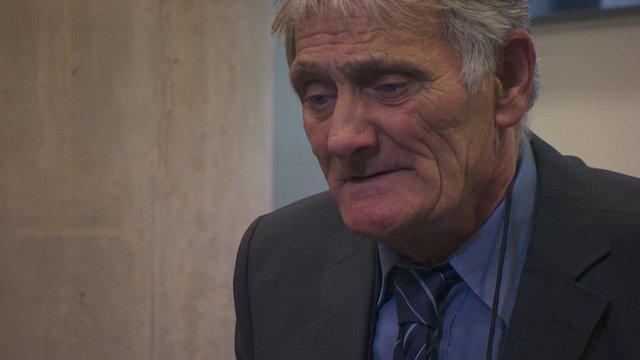Rochdale abuse inquiry: What has been revealed?
- Published
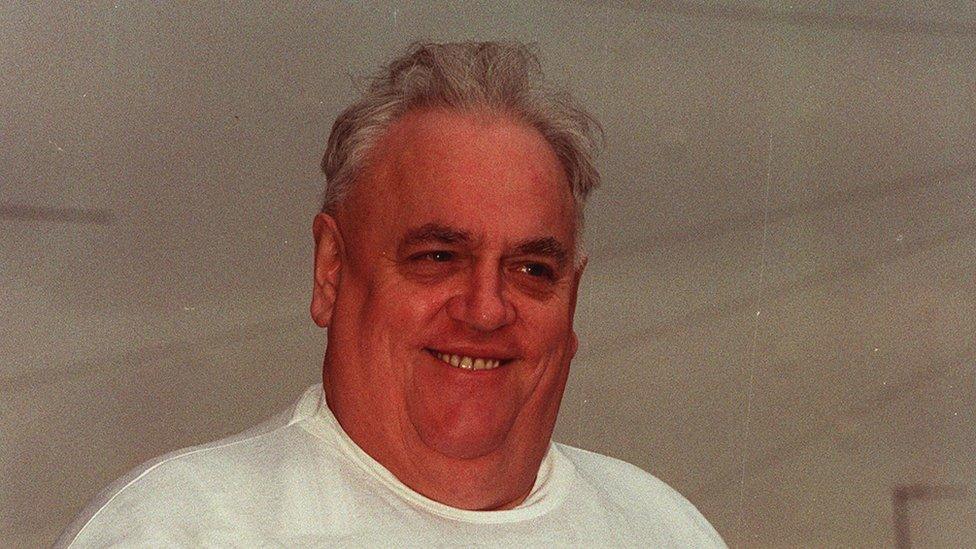
The abuse inquiry heard allegations of abuse by Rochdale's former Liberal MP Cyril Smith
Over the past three weeks the Independent Inquiry into Child Sexual Abuse, external has been holding public hearings in its Rochdale investigation. A report of the inquiry's findings will be published next year.
The focus of the inquiry was to examine how those in authority handled abuse allegations relating to the Cambridge House hostel, which closed in 1965, and Knowl View residential school, which ceased operating in 1994. What has been revealed during the evidence?

A failure to act
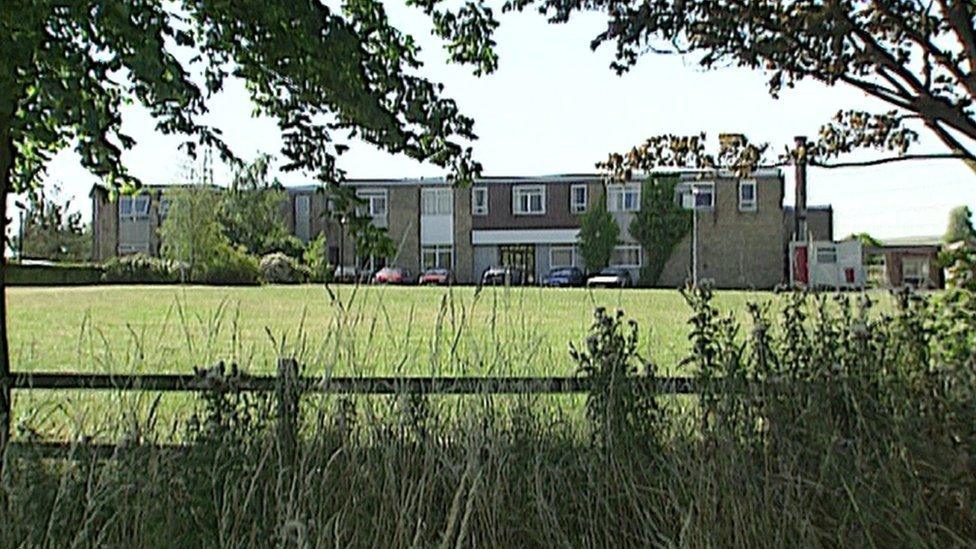
A convicted paedophile was found sleeping in school buildings, the inquiry heard
Shortly before the inquiry hearings, Rochdale Council apologised for its "unforgivable" response to child sexual abuse over the decades.
The subsequent evidence showed there had been widespread awareness within the council of the exploitation of young Knowl View residents.
Abuse appears to have been ingrained in the school, but concerns reached a peak in the late 1980s and early 1990s when a series of reports by child safety experts were written outlining a series of horrific events.
One striking example involved a public toilets in Rochdale to which men from elsewhere in north-west England came in order to sexually abuse boys, including some children from Knowl View.
Janet Weeks, a Rochdale child protection policy officer in the early 1990s, told the inquiry her offices actually overlooked the toilets.
"I and other workers became aware that from time to time there would be school-age children" who could be seen "sitting on the walls of the ornamental flower beds outside the toilets".
"If we watched them, which we did, we would notice that they would wait for men to go into the toilets and then they would follow them in, and that became quite a pattern and it became a worrying pattern."
She said police were "alerted" and subsequently "came and stood in our office and watched".
Meetings to discuss the issue took place, but the abuse was never properly investigated.
Another example from the same period involved a paedophile called Roderick Hilton, who had been convicted of sexually assaulting a resident in Knowl View but was later able to return to the school and at one stage camped outside in a tent.
Stephen Bradshaw, a former Knowl View headmaster, told the inquiry there actually appeared to be official sympathy for Hilton and that "people were very reluctant" to put a restraining order on him.
"It did seem that he was a part of the furniture, really," Mr Bradshaw recalled.
The inquiry also heard about an "epidemic" of peer-on-peer abuse at the school, involving children being sexually exploited by other children.
Some of those who held positions of authority at the time expressed contrition for what happened.
Diana Cavanagh, former head of education at Rochdale Council, said: "Insofar as my part in these matters has meant some of the former pupils have suffered abuse and subsequent trauma and unhappiness, I am truly sorry."

Leader's knowledge
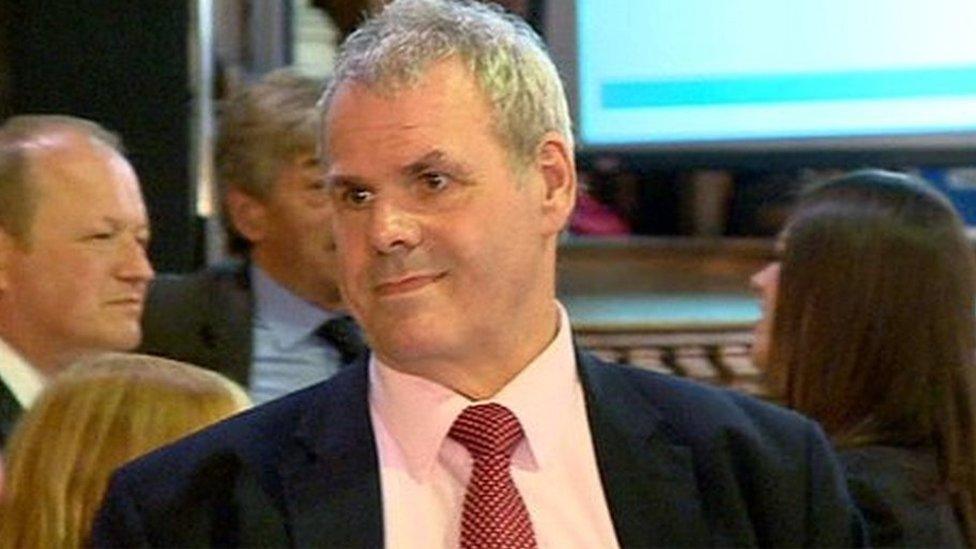
Richard Farnell accused his chief whip of fabricating a note which claimed he said he knew about abuse allegations at Knowl View
But the Labour leader of Rochdale Council in the early 1990s - who is the leader again now - denied knowing about the abuse until more recently.
Councillor Richard Farnell blamed other people for not informing him.
As a result, Mr Farnell said he was "not prepared to accept personal responsibility" for failing to take action.
But the inquiry heard that in 2014 Mr Farnell told fellow councillor Peter Joinson that he had once seen a draft of one of the critical child protection reports.
A typed note of the conversation written by Mr Joinson - the former Labour chief whip in Rochdale - recorded Mr Farnell saying he had seen the draft in 1992.
Denying this, Mr Farnell said his chief whip was lying and the note had been fabricated for political reasons.
The statement by Mr Joinson was a "complete invention in order to try and politically damage me", Mr Farnell claimed.
When asked whether his leader had lied during his evidence to the inquiry, Mr Joinson said: "I don't like using that word, but I would say he's probably not telling the truth."

Rochdale owned Cambridge House
Kevin Griffiths was abused at a Rochdale care home as a teenager in the 1960s by Sir Cyril Smith, he alleges
Cyril Smith, MP for Rochdale between 1972 and 1992, is accused of sexual abuse at both Cambridge House and Knowl View.
He played a central role in the foundation of both institutions.
It emerged during the inquiry hearings that Cambridge House had actually been owned by Rochdale Council, which then leased the property back to Smith.
The panel also heard evidence that Rochdale Council paid for a number of boys to be placed in the hostel between 1961 and 1965.
The hostel itself closed in December 1965 shortly after the first allegations had been made to a new social worker about Smith's activities.
The local authority then withdrew boys it had placed there and refused further funding.

MI5 knew about official lies
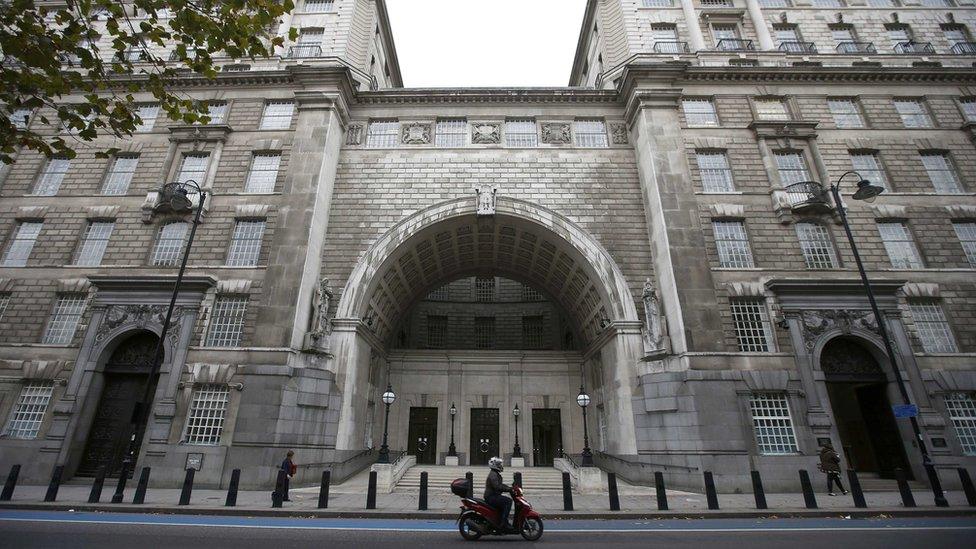
MI5 was made aware prosecutors lied to the press over the existence of a Cyril Smith child abuse file, the inquiry heard
The allegations against Smith have been widely reported in the past, but the inquiry heard unusual new evidence about awareness by MI5 of claims against the late MP.
Lancashire Police had investigated Smith while he was still a local politician.
Detectives gathered testimony from eight young men - six of them former Cambridge House residents - who accused Smith of sexual abuse.
In 1970 a file of evidence was submitted to the then Director of Public Prosecutions, Sir Norman Skelhorn, who replied a mere three days later saying there was not a realistic prospect of conviction.
The police had been convinced of their case, but had to inform Smith that he would face no action.
Years later, when Smith was seeking re-election at the 1979 general election, journalists from the Rochdale Alternative Paper (RAP) investigated the earlier case.
The DPP by that point was Sir Thomas Hetherington, whose office denied knowledge of the 1970 file when approached by the RAP.
But previously secret MI5 documents - disclosed to the inquiry - revealed this was untrue.
A note written by MI5's legal adviser , externalrecorded that Sir Thomas himself had called the Security Service to say a journalist called David Bartlett "had telephoned about a gross indecency case involving Cyril Smith and boys".
The note continued: "After consultations, the DPP's press representative had untruthfully told Bartlett that they had no record of this case. In fact, their file closely accorded with the details given by Bartlett."
A letter from MI5 to the inquiry, external said there were "limited actions" it could have taken given its function at the time was defence of the realm.
- Published25 October 2017

- Published24 October 2017

- Published19 October 2017

- Published16 October 2017
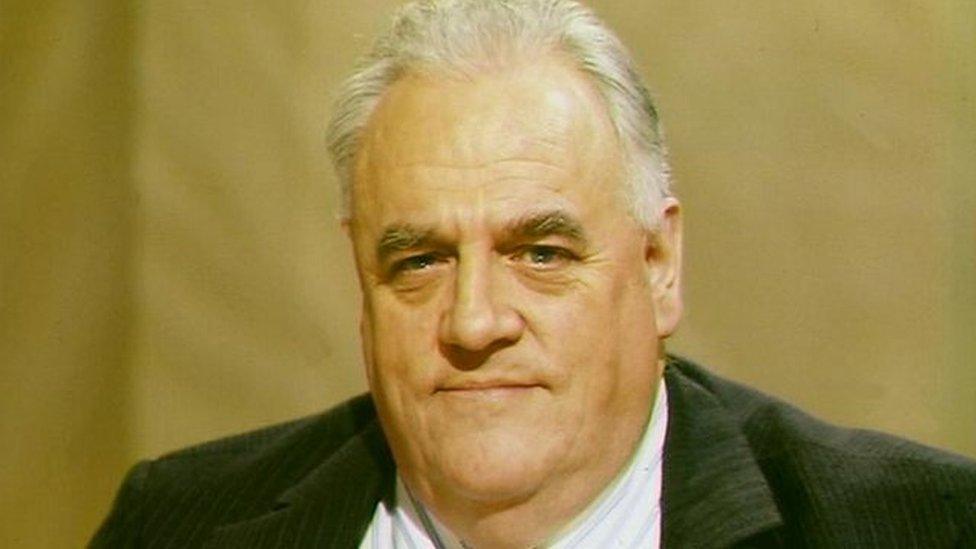
- Published12 October 2017

- Published11 October 2017
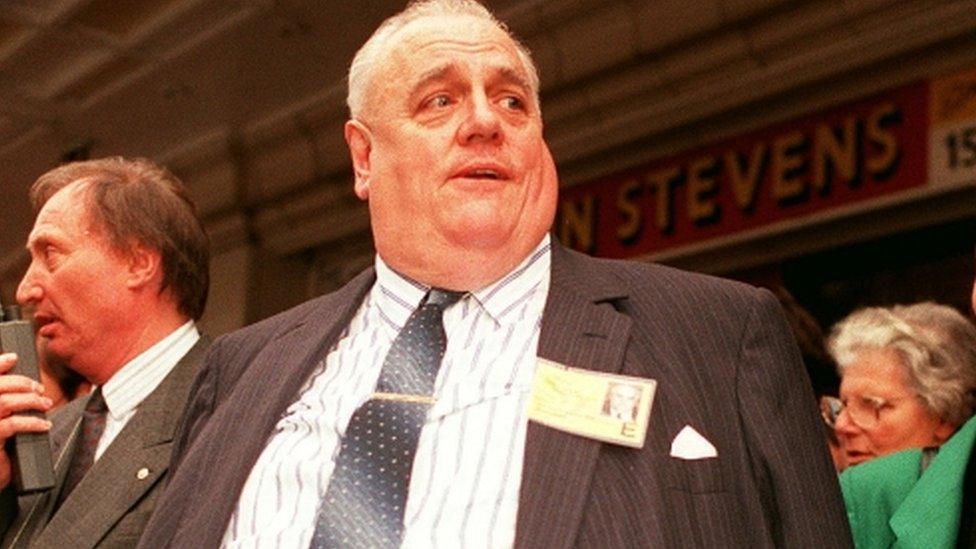
- Published10 October 2017
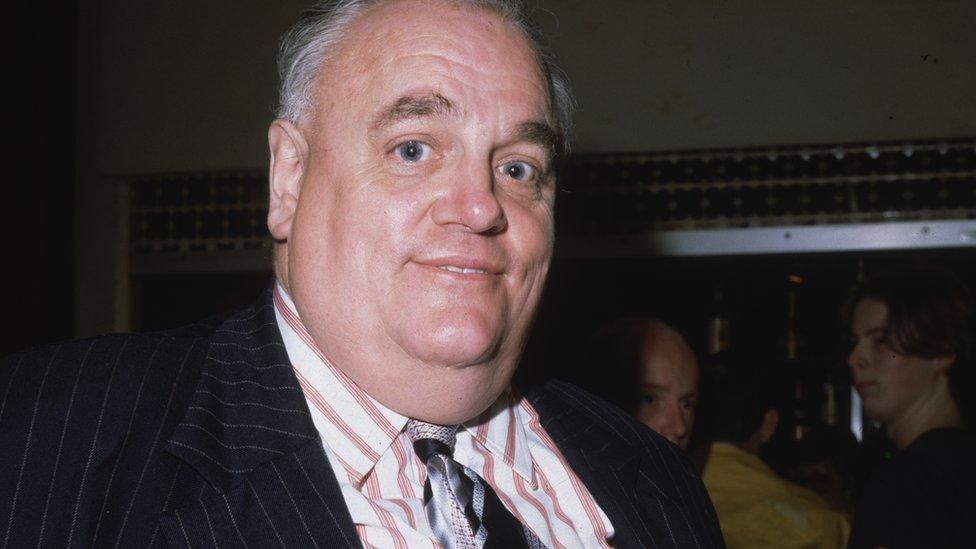
- Published10 October 2017

- Published9 October 2017
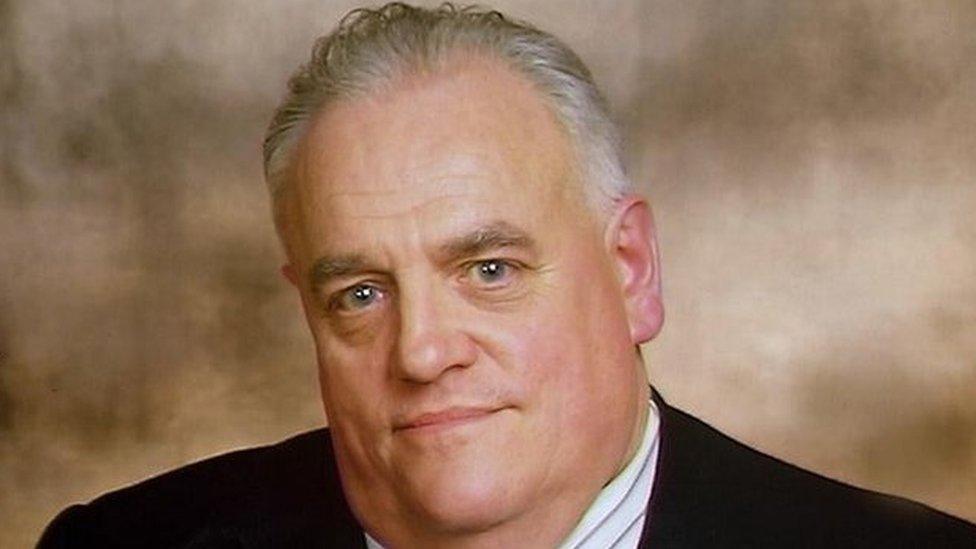
- Published20 September 2017

- Published17 October 2013
